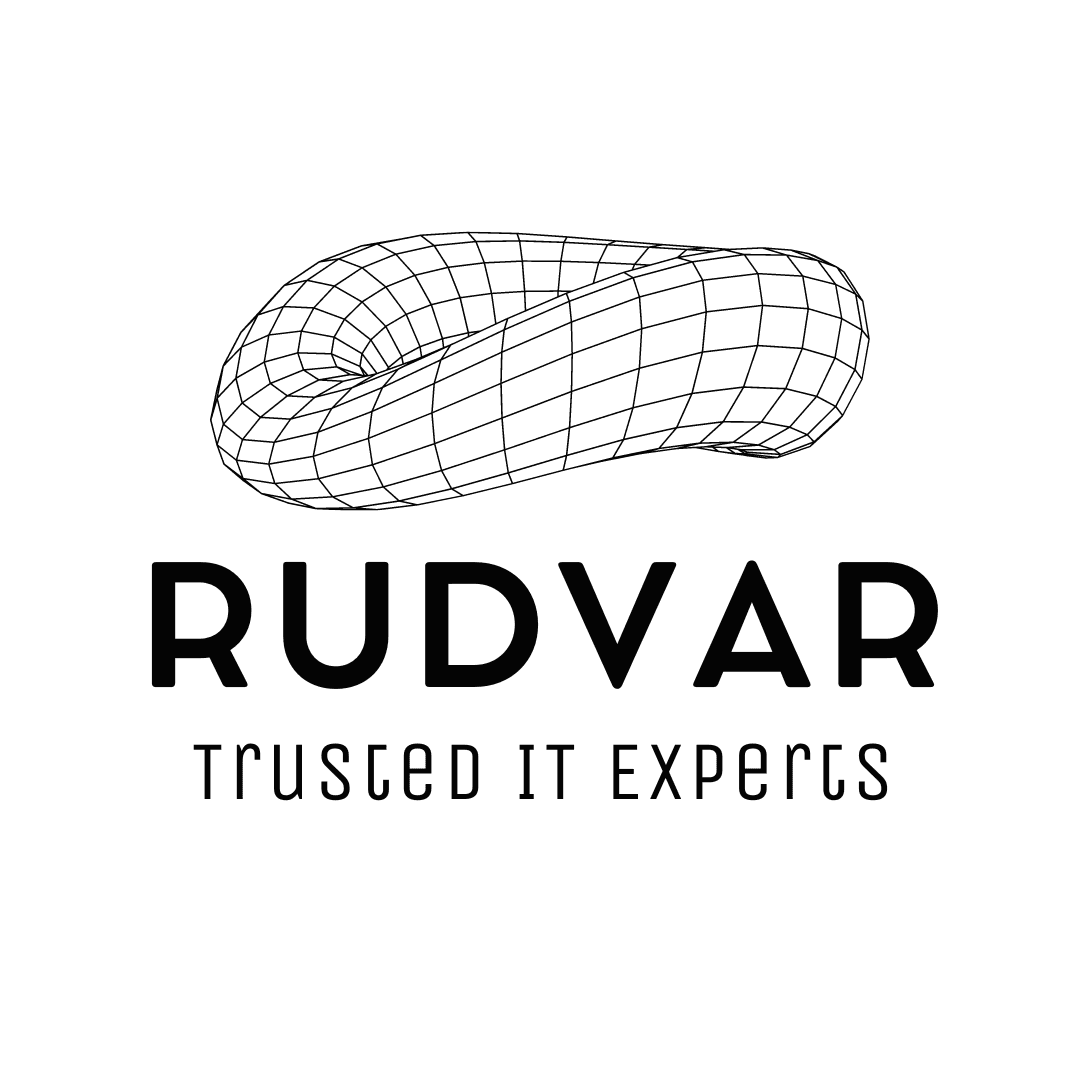Ensuring Quality in Rudvar: Software Testing Standards and Best Practices in Germany
As a software development firm based in India, Rudvar has always prioritized quality in the software products we build. In the dynamic and fast-paced world of software development, ensuring quality is not just a goal—it’s a necessity. Our personal experience in the industry, coupled with Germany’s robust standards and best practices in software testing, has equipped us with invaluable insights that we are excited to share.
The Importance of Software Quality Assurance
In today's digital age, software applications are ubiquitous, powering everything from small personal gadgets to critical business systems. The reliability, security, and performance of these applications are paramount. This is where Software Quality Assurance (SQA) comes into play. Effective SQA ensures that software meets specified requirements and functions correctly under all expected conditions.
We often have clients who reach out to us to build the software that they already have. The reason they specify is that their
Software Testing Standards in Germany
Germany is known for its meticulous attention to detail and high standards across various industries, and software development is no exception. Several standards guide software testing in Germany, ensuring that the software products developed here are of the highest quality.
DIN EN ISO/IEC 25010
One of the key standards is DIN EN ISO/IEC 25010, which outlines a quality model for software product evaluation. This standard defines quality characteristics such as functionality, reliability, usability, efficiency, maintainability, and portability. By adhering to these characteristics, developers can ensure that their software meets both user needs and regulatory requirements.
Best Practices in Software Testing
Beyond adhering to standards, several best practices can further enhance the quality of software. Here are some of the key practices we follow at Rudvar:
1. Early and Continuous Testing
One of the fundamental principles of effective software testing is to start early and continue throughout the development lifecycle. This approach, often referred to as "shift-left testing," helps identify and fix defects early, reducing the cost and effort required for corrections later in the process.
2. Automated Testing
Automation plays a crucial role in modern software testing. Automated tests can be executed quickly and repeatedly, providing consistent results and freeing up human testers to focus on more complex and exploratory testing tasks. At Rudvar, we leverage tools like Selenium, JUnit, and Jenkins to automate our testing processes.
3. Test-Driven Development (TDD)
Test-driven development (TDD) is a practice where tests are written before the code itself. This ensures that the code meets the specified requirements from the outset. TDD can lead to more modular and maintainable code, as it encourages developers to think about the functionality and edge cases before implementation.
4. Continuous Integration and Continuous Deployment (CI/CD)
CI/CD practices involve integrating code changes frequently and deploying them automatically to various environments. This approach allows for continuous testing and immediate feedback, ensuring that any issues are detected and addressed promptly. Tools like GitLab CI, Travis CI, and CircleCI are integral to our CI/CD pipeline at Rudvar.
5. Comprehensive Test Coverage
Achieving comprehensive test coverage is vital for ensuring that all aspects of the software are tested. This includes unit tests, integration tests, system tests, and acceptance tests. By covering all levels of testing, we can ensure that our software is robust and reliable.
6. Performance and Load Testing
Performance and load testing are essential to ensure that software applications can handle expected user loads and perform well under stress. Tools like Apache JMeter and LoadRunner help us simulate various scenarios and identify potential bottlenecks in our applications.
7. Security Testing
In an era where cyber threats are rampant, security testing is more critical than ever. We conduct thorough security testing to identify vulnerabilities and ensure that our software is resilient against attacks. This includes penetration testing, code reviews, and adherence to security standards such as OWASP.
8. User Acceptance Testing (UAT)
Ultimately, the end-users' acceptance of the software determines its success. User Acceptance Testing (UAT) involves real users testing the software to ensure it meets their needs and expectations. Feedback from UAT is invaluable in making final adjustments before the software goes live.
Personal Experience: A Journey in Quality Assurance
Our journey at Rudvar has been marked by a steadfast commitment to quality. When we first started, we faced several challenges typical of a growing software development firm. Ensuring consistent quality across diverse projects was a significant hurdle. However, by embracing the standards and best practices outlined above, we have been able to overcome these challenges and deliver exceptional software products.
One particular project that stands out is our work with a major social media services company. The project involved developing a complex web application with stringent security and performance requirements. By implementing early and continuous testing, automating our testing processes, and adhering to strict security standards, we were able to deliver a product that not only met but exceeded client expectations.
Another key project involved developing a mobile application for a healthcare provider. The application required seamless integration with existing systems, high usability, and compliance with healthcare regulations. Our approach to comprehensive test coverage and UAT ensured that the application was robust, user-friendly, and compliant with all relevant standards.
The Future of Software Testing
The field of software testing is continually evolving, driven by advancements in technology and changing user expectations. Several trends are shaping the future of software testing, and staying abreast of these trends is crucial for maintaining quality.
Artificial Intelligence and Machine Learning
AI and ML are revolutionizing software testing by enabling more efficient test automation and predictive analytics. These technologies can help identify potential defects, optimize test cases, and predict the impact of changes, leading to faster and more accurate testing.
DevOps and Continuous Testing
The DevOps culture emphasizes collaboration between development and operations teams, and continuous testing is a critical component of this approach. By integrating testing into the CI/CD pipeline, organizations can achieve faster delivery cycles and higher quality software.
Shift-Left and Shift-Right Testing
While shift-left testing focuses on early testing, shift-right testing involves testing in the production environment to ensure real-world performance and reliability. Combining these approaches can lead to more comprehensive and effective testing strategies.
Test Environment Virtualization
Virtualizing test environments allows for more flexible and scalable testing. By creating virtual copies of production environments, testers can conduct thorough and realistic testing without the constraints of physical hardware.
Enhanced Security Testing
As cyber threats become more sophisticated, the importance of security testing continues to grow. Incorporating advanced security testing techniques and tools into the development lifecycle is essential for protecting software applications from vulnerabilities.
Ensuring software quality is a multifaceted challenge that requires adherence to standards, implementation of best practices, and continuous adaptation to emerging trends. At Rudvar, our commitment to quality is unwavering, and our experiences have taught us the value of meticulous testing and adherence to industry standards.
By following the rigorous standards set forth in Germany and embracing best practices such as early and continuous testing, automation, TDD, CI/CD, comprehensive test coverage, performance testing, security testing, and UAT, we have been able to consistently deliver high-quality software products to our clients.
At Rudvar, we help companies in building software products. We stand strong in delivering the best quality software.
As the software development landscape continues to evolve, we remain dedicated to staying at the forefront of these changes, ensuring that our testing practices are always aligned with the latest advancements and best practices. Through this commitment, we aim to continue providing exceptional software solutions that meet the highest standards of quality and reliability.
Feel free to reach us by emailing us at: abhi@surgestartup.com
or reach out to us at LinkedIn: https://www.linkedin.com/in/abhishekpatnaik77/
BLOG




